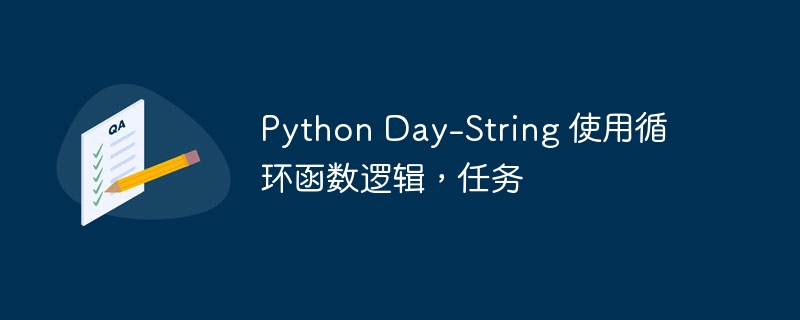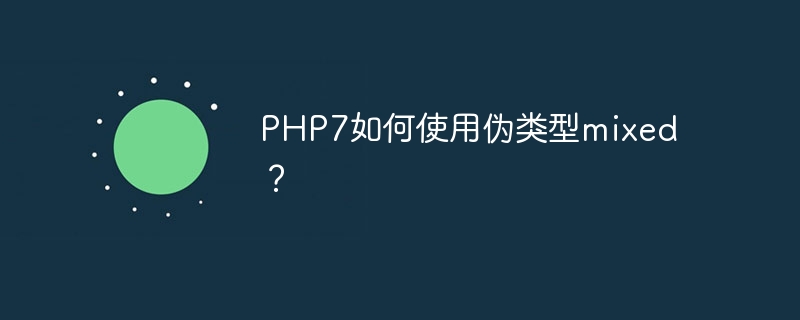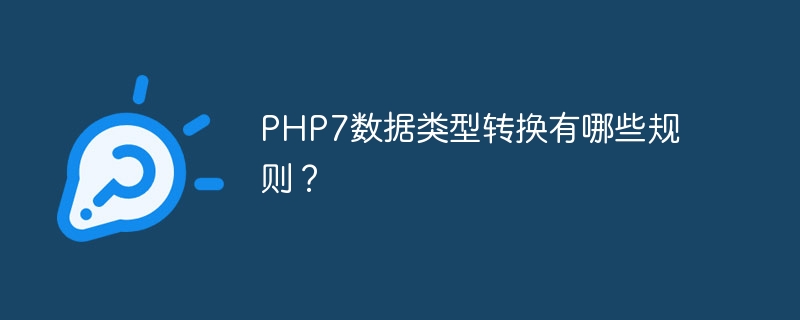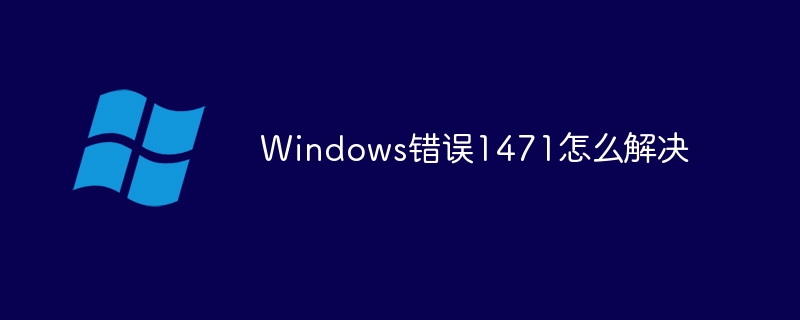
1) find(): 在字符串中搜索指定值并返回找到它的位置。
txt = "i love many fruits, apple is my favorite fruit" key = 'fruit' l = len(key) start = 0 end = l while end<=len(txt): if txt[start:end] == key: print('contains', key) print(start, end-1) break start+=1 end+=1 else: print('not contains')
输出:
contains fruit 12 16
2)startswith():如果字符串以指定值开头,则返回 true
示例:1
#starts with: txt = "python is my favourite language" key = 'python' l = len(key) start = 0 end = l while end<len(txt): if txt[start:end] == key: if start == 0: print("starts with",key) break start+=1 end+=1 else: print('not contains')
输出:
starts with python
示例:2
txt = "apples are good, apple is my favorite fruit" key = 'apple' #starts with l = len(key) #5 if txt[0:l] == key: print('starts with',key)
输出:
starts with apple
3)endswith():如果字符串以指定值结尾,则返回 true。
示例:1
txt = "apples are good, apple is my favorite fruit" key = 'fruit' #starts with l = len(key) #5 if txt[-len(key):] == key: print('ends with',key)
输出:
ends with fruit
示例:2
txt = "python is my favourite language" key = 'language' l = len(key) start = 0 end = l while end<=len(txt): if txt[start:end] == key: if end==len(txt): print("ends with",key) break start+=1 end+=1 else: print('not ending with language')
输出:
ends with language
4) isalpha(): 如果字符串中的所有字符都在字母表中,则返回 true。
方法:1
word = 'abcdefgh' for letter in word: if letter>='a' and letter<='z' or letter>='a' and letter<='z': continue else: print('not all are alphabets') break else: print('all are alphabets')
方法:2
alpha = 'abcdefghijklmnopqrstuvwxyzabcdefghijklmnopqrstuvwxyz' word = 'abcdefgh' for letter in word: if letter not in alpha: print('not all are alphabets') break else: print('all are alphabets')
输出:
all are alphabets
5) isalnum(): 如果字符串中的所有字符都是字母数字,则返回 true。
#isalnum alpha = '0123456789abcdefghijklmnopqrstuvwxyzabcdefghijklmnopqrstuvwxyz' word = 'abcd1234' for letter in word: if letter not in alpha: print('not all are alphabets and numbers') break else: print('all are alphabets and numbers')
输出:
all are alphabets and numbers
6) islower(): 如果字符串中的所有字符均为小写,则返回 true。
#islower alpha = 'abcdefghijklmnopqrstuvwxyz' word = 'lakshmipritha' for letter in word: if letter not in alpha: print('not all are lower alphabets') break else: print('all are lower alphabets')
输出:
all are lower alphabets
7) isupper(): 如果字符串中的所有字符均为大写,则返回 true。
#isupper alpha = 'abcdefghijklmnopqrstuvwxyz' word = 'guru' for letter in word: if letter not in alpha: print('not all are uppercase alphabets') break else: print('all are uppercase alphabets')
输出:
all are uppercase alphabets
8) isspace(): 如果字符串中的所有字符都是空格,则返回 true。
#isspace word = ' ' for letter in word: if letter != ' ': print("not all are spaces") break else: print('all are spaces')
输出:
all are spaces
任务:
1) lower(): 将字符串转换为小写。
txt = "python is my favourite language" for letter in txt: if letter>='a' and letter<='z': letter = ord(letter)+32 letter = chr(letter) print(letter,end='')
输出:
python is my favourite language
2) upper(): 将字符串转换为大写。
txt = "python is my favourite language" for letter in txt: if letter>='a' and letter<='z': letter = ord(letter)-32 letter = chr(letter) print(letter,end='')
输出:
python is my favourite language




